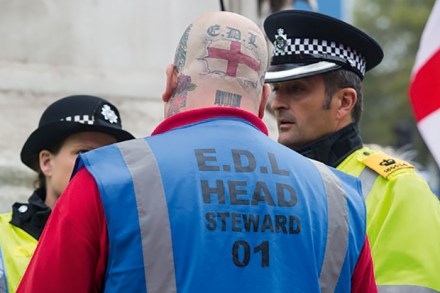Everything in black and white
This is a quite remarkable book. Badly written, devoid of anything even vaguely approaching a methodology, patronising, hideously mistaken on almost every page — and yet it does, inadvertently, answer the very question posed in its introduction: why are certain sections of the white working class so angry about immigration and Islam? The author is a Taiwanese journalist from the metropolitan liberal left. Her MO is to venture — ‘bravely’, we are informed — into quite the most ghastly areas where working-class people live in their decrepit social housing, with their beer and their tracksuits. Her purpose is to find ‘racists’ and inquire as to why they are ‘racist’. And





















